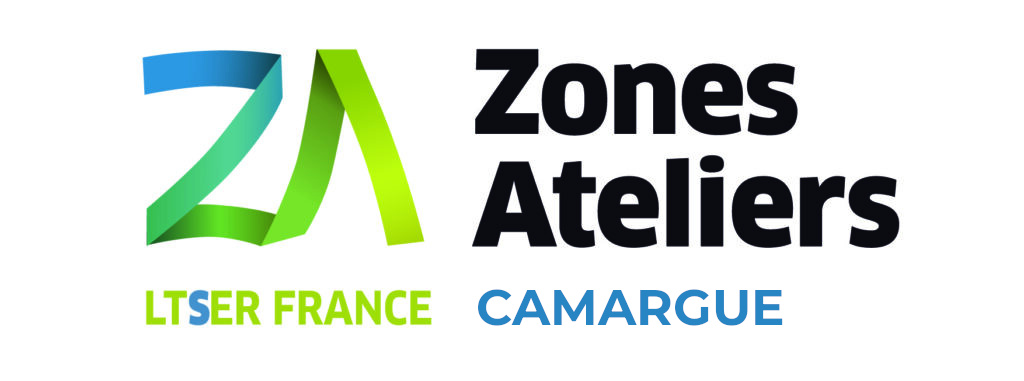Masters courses
The internships presented on the ZACAM website are part of the various research projects currently underway, in line with the region's scientific and partnership dynamics. This page will list examples of current courses, and certain internships available. However, it does not yet reflect all the internships associated with the projects of ZACAM and its partners in the Camargue, as the inventory work is still in progress.
In order to promote the contributions of students and the diversity of the projects they undertakeWe invite supervisors and partners to send us any information about ZACAM-related courses. This will help to raise the profile of the work being carried out in the field and raise awareness of the training-research dynamics at the heart of our joint approach.
Please check this page regularly for new opportunities, or contact us if you would like to get involved in a specific health-environment project in the Camargue.
